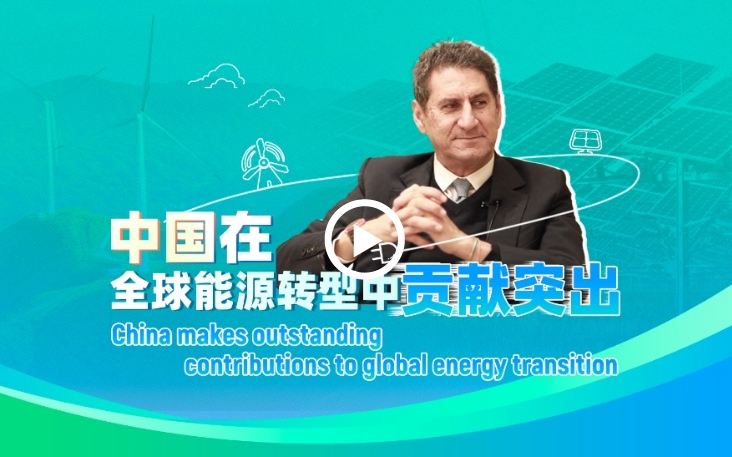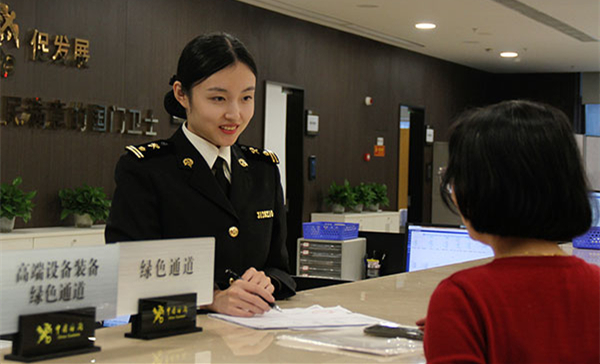Chinese NGOs aim to make bigger intl impact
China has cultivated thousands of technology-focused nongovernmental organizations in recent years to stimulate innovation and bolster its influence in global research and development governance, a Ministry of Civil Affairs official said on Wednesday.
Zhang Lin, a deputy head of the ministry's bureau of NGO administration, said that by the end of last year, China had over 24,000 such organizations at the forefront of technological innovation, playing a crucial role in advancing the nation's expertise in competitive technologies.
"At the same time, the ministry is fostering national and international social organizations to facilitate engagement in global scientific and technological governance initiatives," she told a news conference in Beijing.
Technology-based organizations have increasingly emerged as a pivotal force propelling China toward technological advancement.
Authorities have recognized their crucial role in uniting and mobilizing technology professionals to serve the national interest, fostering collaboration among industries, academia and researchers, promoting exchanges and showcasing industry expertise.
In a significant move to enhance the global influence of these groups, the ministry introduced rules in 2021 enabling Chinese NGOs to recruit renowned foreign scientists and appoint them to management positions.
While the full text of the rules has not been publicly disclosed, a media release on the ministry's website stated that the regulations mandated these NGOs to improve communication and engagement with foreign technology experts.
The release emphasized that these organizations should establish a robust service system tailored to the needs of foreign technology professionals, fostering a stronger sense of belonging and integration within the community.
The Chinese Institute of Electronics, one of over 200 national-level technology-focused organizations, plays a crucial role in advancing technological development in China.
According to its website, the institute is responsible for a variety of tasks, including organizing international seminars, publishing influential papers and recommending talent to governmental bodies.
With a membership exceeding 170,000 professionals with strong knowledge on subjects such as semiconductors, computer science, communication technologies and radar, the institute also manages the editing and publication of 10 esteemed academic journals covering topics in its members' respective fields. Since 2003, it has honored outstanding scientists with its annual Science and Technology Award.
The institute describes itself as a national academic nonprofit social organization that was voluntarily established by technology workers in the electronic information sector, related enterprises and institutions, and social groups.
"We are an important social force in the development of China's electronic information technology industry," the institute said in its charter.
International NGOs focusing on technology have significantly influenced global science governance by organizing academic conferences, publishing influential works and presenting awards.
Last year, the Chinese government announced the establishment of 17 such NGOs.
One notable organization among them is the Alliance of National and International Science Organizations for the Belt and Road Regions, launched in 2018 with the objective of enhancing cooperation in science, technology and innovation among countries participating in the Belt and Road Initiative.
Its membership includes prestigious institutions such as the Chinese Academy of Sciences, the Scientific and Technological Research Council of Turkiye, and the Serbian Academy of Sciences and Arts.
lilei@chinadaily.com.cn

 China makes outstanding contributions to global energy transition
China makes outstanding contributions to global energy transition  Ningbo village inspires Malawi official
Ningbo village inspires Malawi official  A look at China's economic data in the first three quarters of 2024
A look at China's economic data in the first three quarters of 2024 


